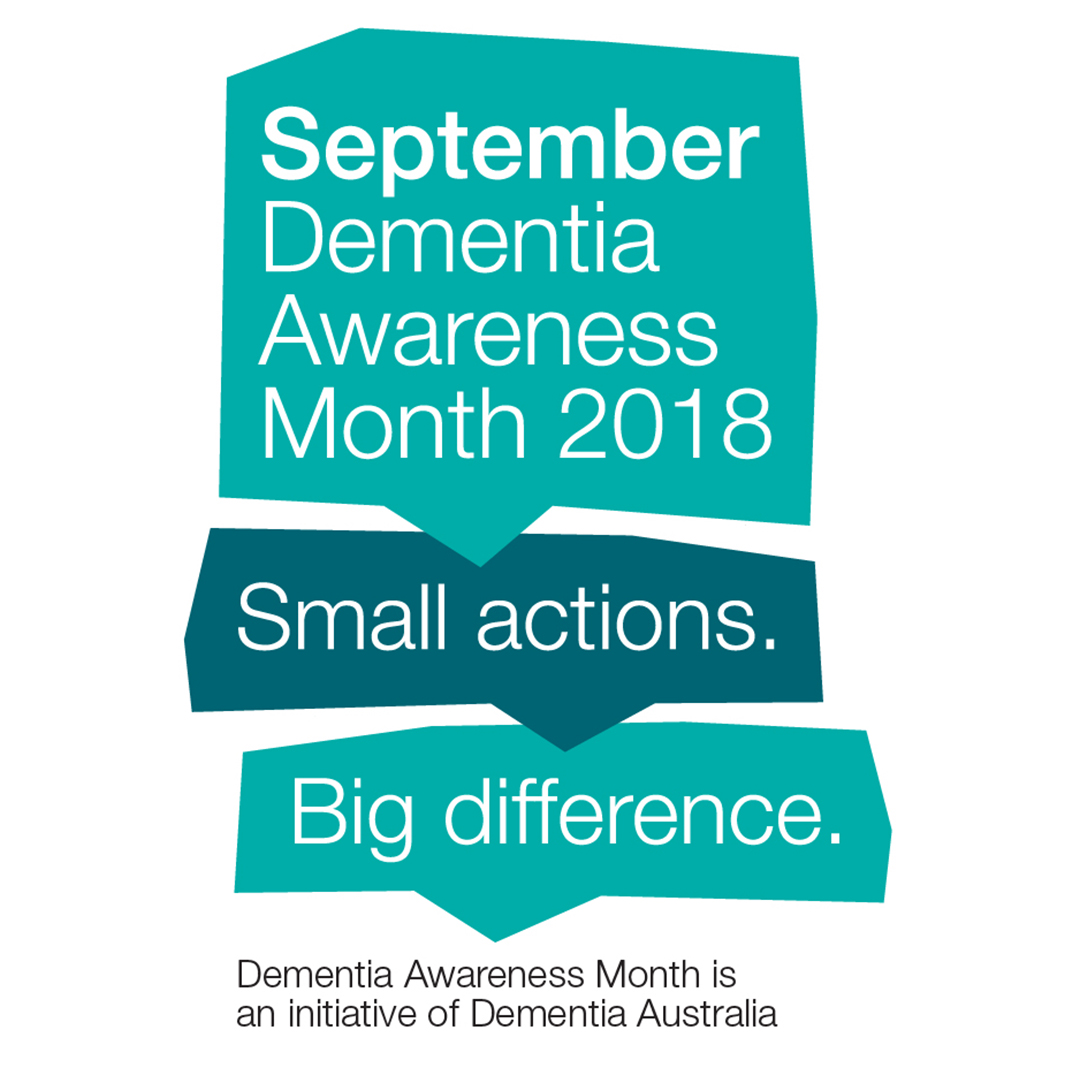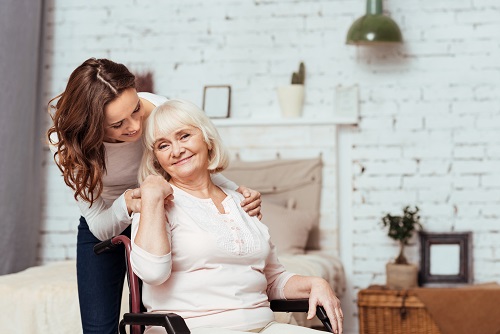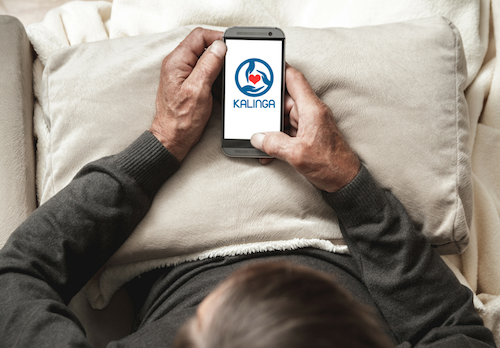Things you need to know about dementia (Dementia Awareness Month)

Dementia, a condition that manifests itself through memory loss, changes in a person’s personality and mood, difficulty focusing and communicating, and challenges in doing routine tasks, among others, affects millions of people across the globe, with new occurrences happening every 3 seconds. It is, as those living with it and their loved ones can attest to, a very challenging and demanding condition. This month of September, Australia joins the rest of the world in holding Dementia Awareness Month.
This year’s theme is “Small Actions, Big Difference” because Dementia Australia believes that there are many small things we can do that make big differences for those living with dementia. And here at Kalinga, we want to do our part, however small, in spreading awareness by sharing some quick, vital information about dementia.
- Dementia is not just one specific disease, but a number of symptoms that affect the brain, most commonly seen in changes in memory, behaviours, emotions, and thinking processes.
- Alzheimer’s Disease is the most common type of dementia but there are also
- Vascular dementia (sometimes called “vascular cognitive impairment”) which may follow strokes and are characterized by people being confused and disoriented,
- Frontotemporal dementia (aka, “frontotemporal lobar degeneration” or “Pick’s Disease”) where the frontal and temporal lobes of the brain atrophied, affecting a person’s personality, behaviour, and speaking skills. Those with frontotemporal dementia may uncharacteristically lack inhibition and judgement, have a decline in personal hygiene, and lack empathy.
- Dementia with lewy bodies is another form of dementia that has symptoms like changes in thinking and reasoning, visual hallucinations, significant memory loss, and some movement disabilities.
- Other types are Huntington’s Disease, Korsakoff’s Syndrome (alcohol-related dementia) and Creutzfeldt-Jacob Disease.
- Dementia currently has no cure, but there are some therapies and support available to people with the condition, as well as to their carers. That said, early diagnosis does contribute a lot to improving a person’s quality of life because it can be easier to manage symptoms and slow the progression of the disease, as well as plan for care options.
- While it is typically associated with older individuals or senior citizens, dementia isn’t something all older people go through. Adults in their 40s and 50s may also have early-onset dementia.
- People from any race, ethnicity, location, or social- or economic-standing may have dementia.
- Aside from the challenges of dementia itself, people with dementia may also suffer from strained relationships, stigma, difficulties of finding and affording adequate care and support.
- There are different causes of dementia, depending on which type one is diagnosed with. For instance, though it’s rare that Alzheimer’s runs in families, there are certain genes that have been pinpointed to increase the risk of having the disease. Other risk factors for dementia are brain and heart issues, diabetes, high cholesterol, head trauma, and smoking.
- Fairly recent innovations in the realm of dementia care are the dementia villages. These are gated living environments optimised to improve the quality of life, safety, freedom, and security of people living with severe dementia. The most notable example of these is Hogewey, in The Netherlands. It’s basically a small village populated by people with residents with dementia and other “villagers” who may appear to be shopkeepers or restaurant waitstaff in the village’s businesses but are actually trained aged-care nurses and caregivers who assist the residents in daily tasks. Australia’s first dementia village, Korongee, set to open in 2019, is located in Tasmania.
- Support is integral; it’s not just for persons with dementia but also for those caring for them. Carers may experience a lot of pressure in terms of physical, emotional, and financial demands.
- Dementia Australia has provided this handbook to serve as a guide for carers, families, and friends of people with dementia.
- Dementia Support Australia is another resource for persons with dementia and their carers where people can learn about the condition, and caregivers can get mentoring to be able to properly address the needs of the person with dementia.
- Facing Dementia Together is a dementia-focused website that contains a special section for carers who need to remember how to do self-care even while they attend to their responsibilities.
- Lifebridge is an Australia-based non-profit that offers services like in-home, overnight respite, carer support groups, and coffee get-togethers for carers and their care recipients to meet up with others like them.
- Carers NSW also provides advice for carers on topics like accessing government benefits and discounts related to being a carer, planning for emergencies, how to advocate for one’s self, and more, as well as useful links to a number of support services for carers across the board.
We hope these facts we collated are able to teach you a bit about dementia, and inspire you to take part in the annual Dementia Awareness Month. If it does, you’ll be glad to know that there are many ways you can participate in Dementia Awareness Month!
Check out the current and upcoming events this September in NSW and other parts of the country. You may even opt to get ready to be a Dementia Friend for next year, or you can volunteer year-round and help out the 1.5 million Australians whose lives have been impacted by dementia.
If you’re considering hiring a nurse or caregiver for your loved one experiencing challenges related to dementia, Kalinga can connect you to a skilled healthcare provider who can help ease your loved one’s burdens. Sign up to find out more about how Kalinga connects patients with genuine care.





 Building a Happy Home for the Elderly and Disabled
Building a Happy Home for the Elderly and Disabled
 Kalinga Health App now available on Apple’s App Store
Kalinga Health App now available on Apple’s App Store
 Why nurses are so amazing (and how to thank them!)
Why nurses are so amazing (and how to thank them!)